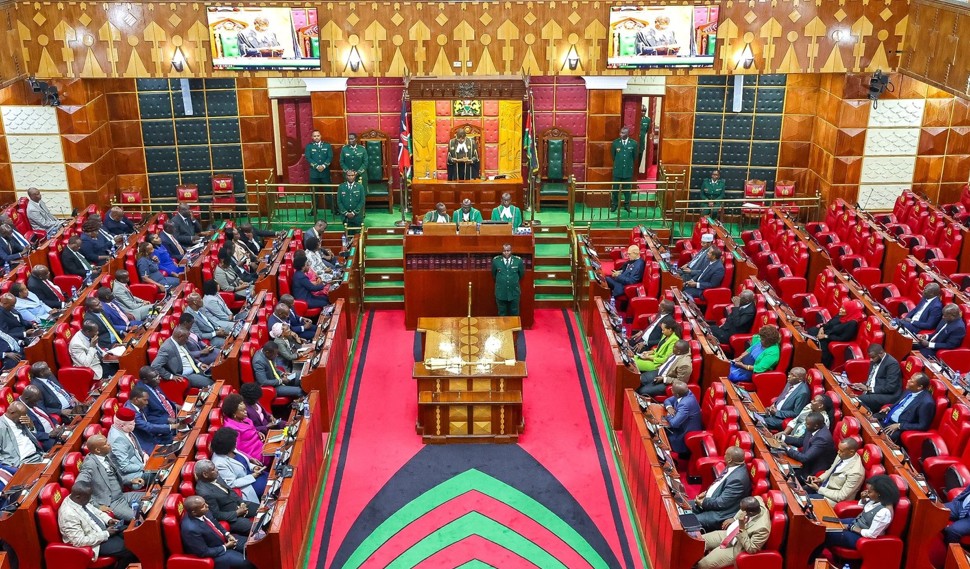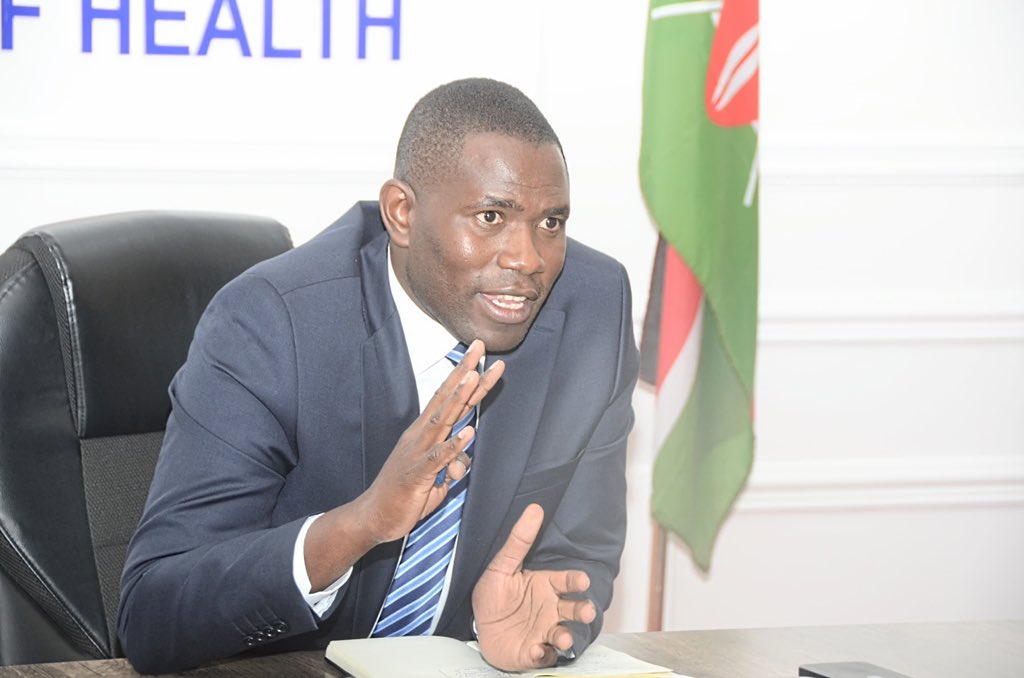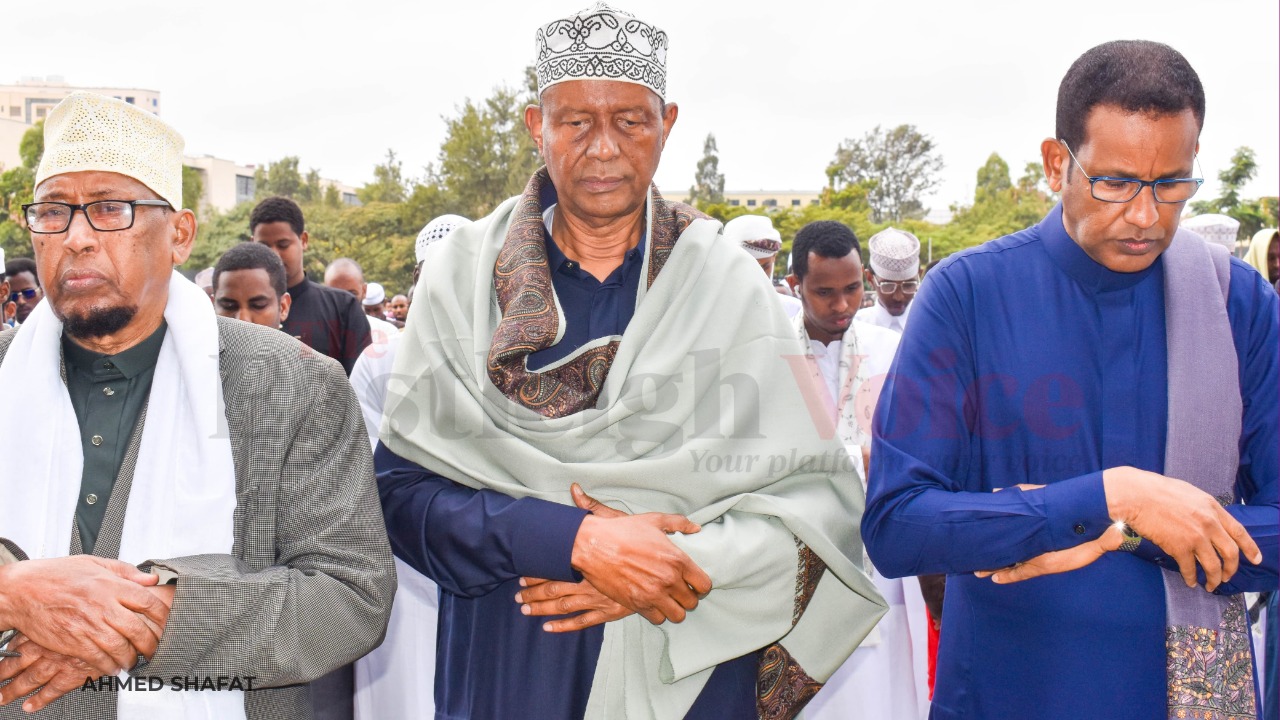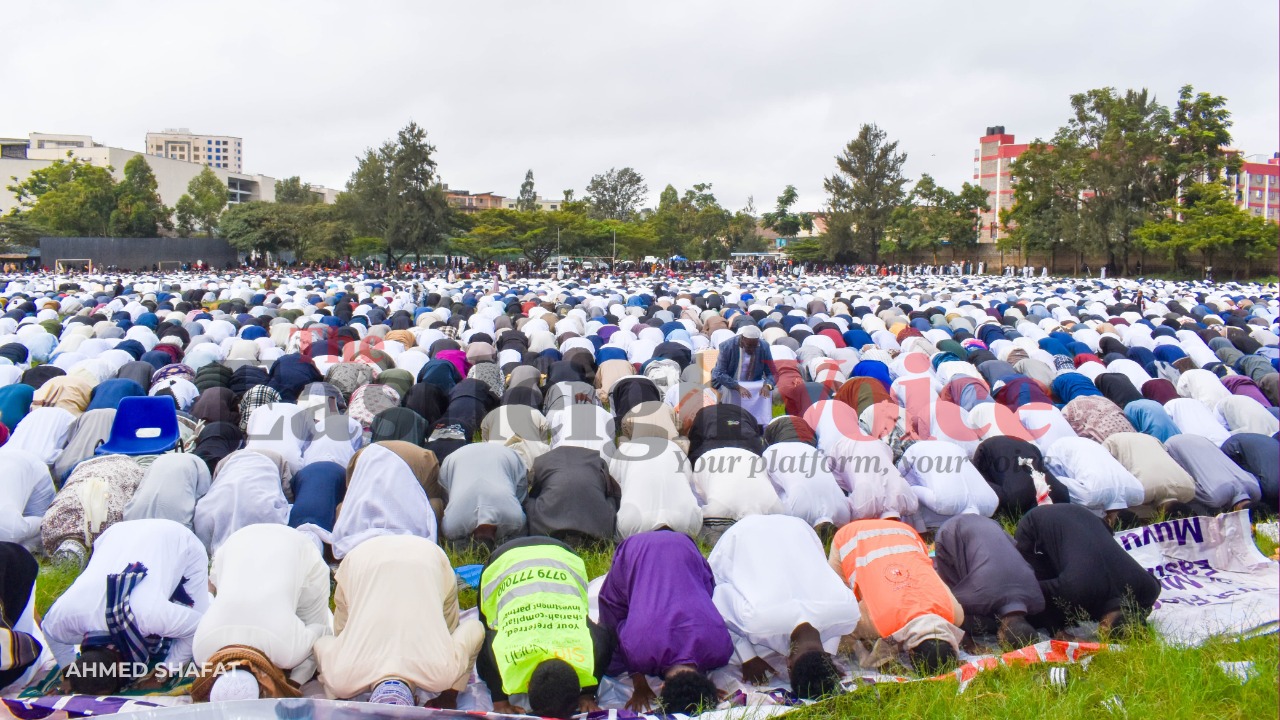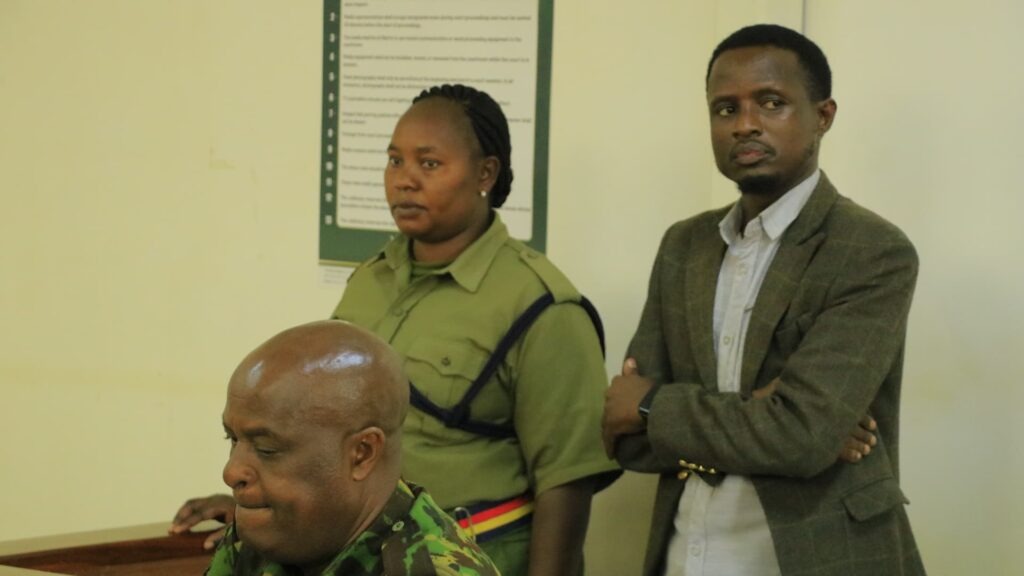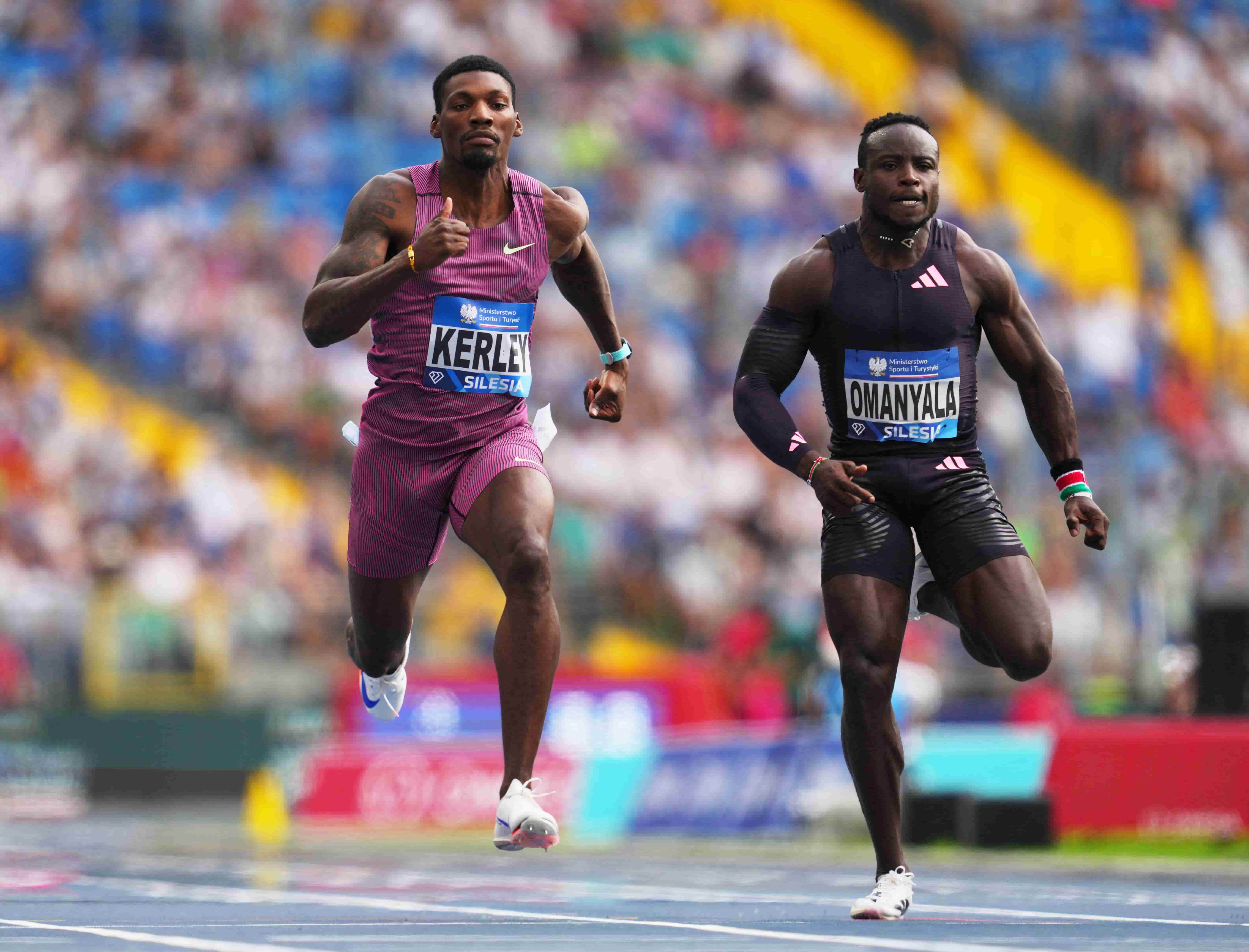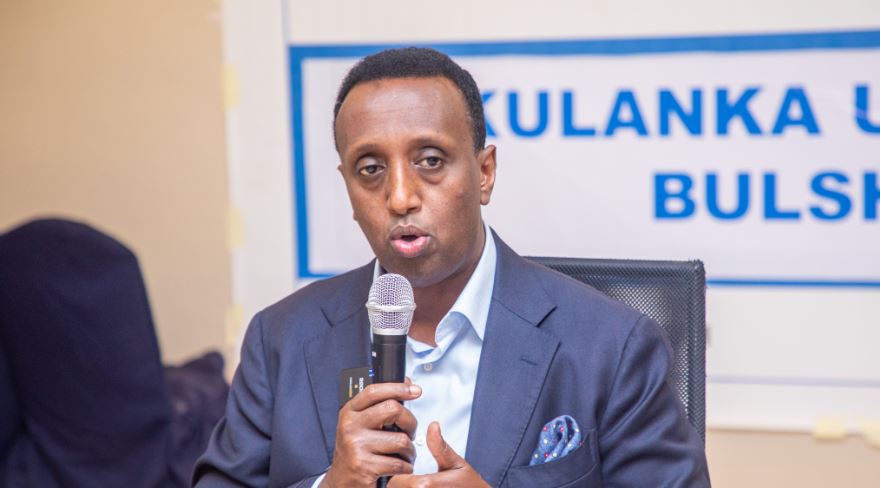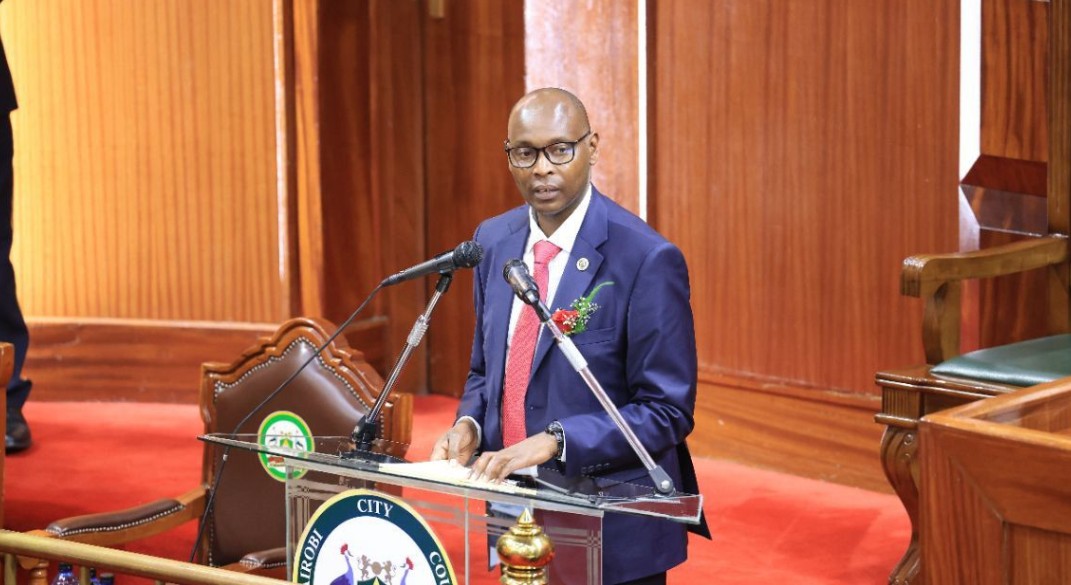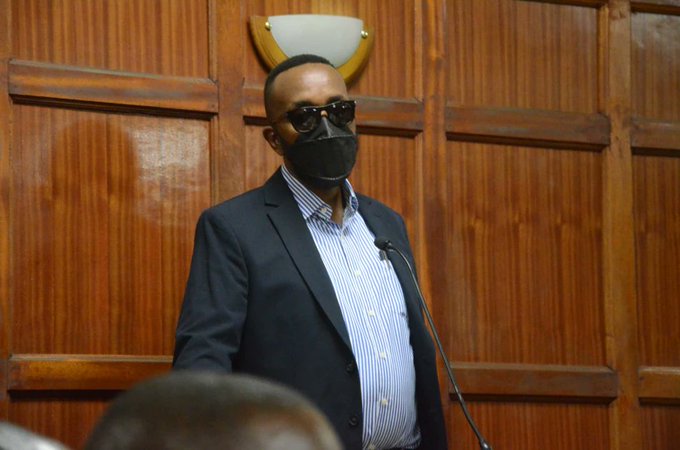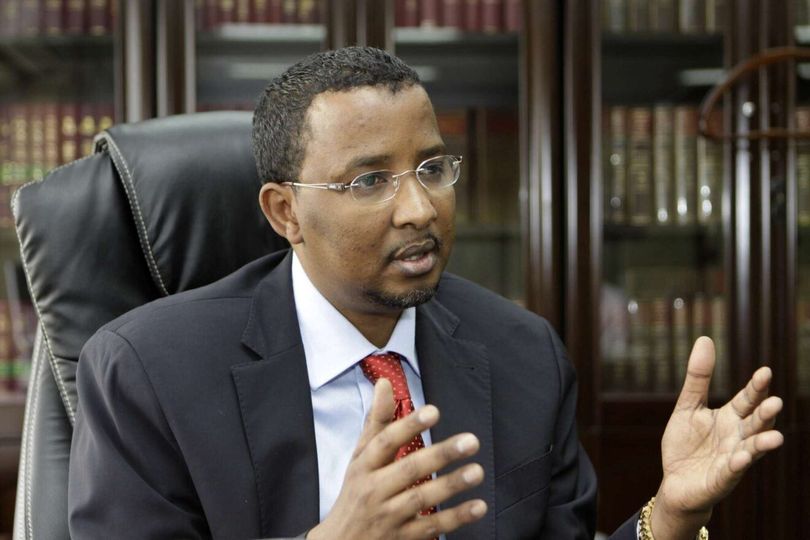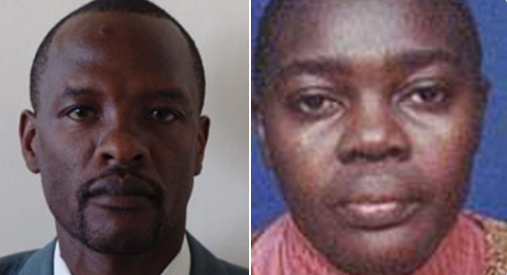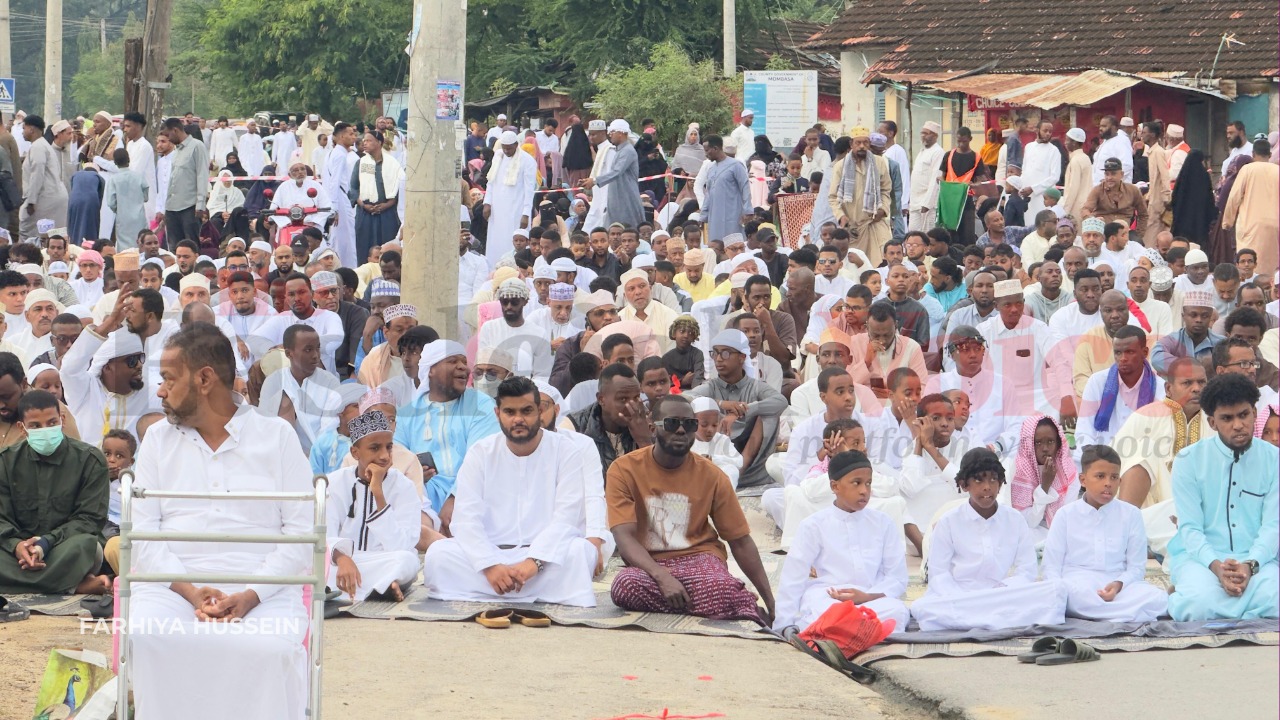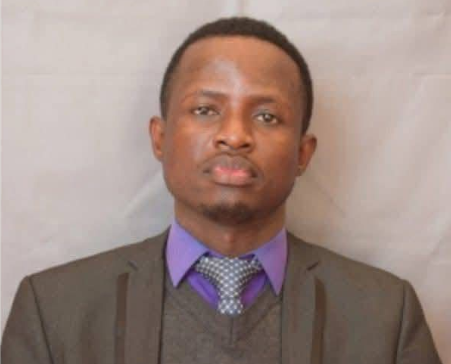RSF's Hemedti claims Sudan army withdrew from peace talks over extremists' pressure
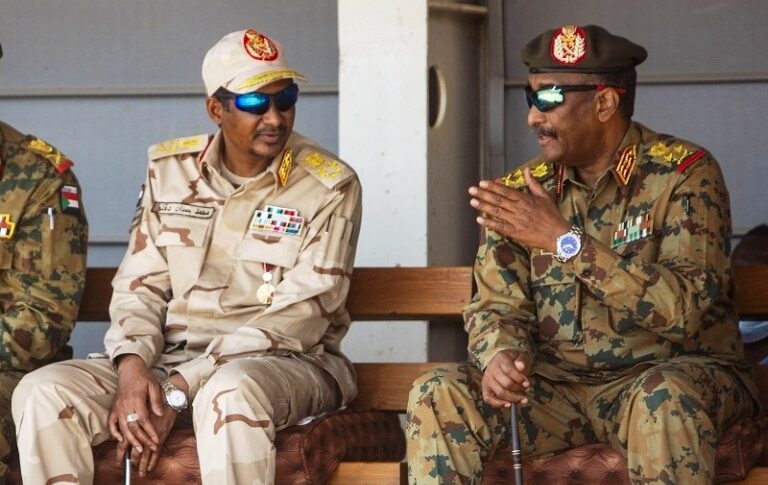
Hemedti also claimed that the army apologised for their absence, citing pressure from extremists, which he alleged controls the army's decisions.
Sudan's Rapid Support Forces (RSF) commander, Mohamed Hamdan Dagalo, also known as Hemedti, claimed on Sunday that the army, led by his rival General Abdel Fattah al-Burhan, withdrew from peace negotiations in Manama, Bahrain, due to extremists' pressure.
The withdrawal, as claimed by Hemedti, occurred despite the two sides reaching an agreement.
More To Read
- Eastleigh residents find unity, joy in Eid-ul-Adha celebrations amidst harsh economic times
- In Pictures: Muslims countrywide celebrate Eid-ul-Adha
- Muslims across Kenya mark Eid-ul-Adha with prayers and sacrifice
- Eastleigh comes alive with festive spirit as residents gear up for Eid-Ul-Adha amid tough economy
- Kenyan Muslim organisations launch Sh5.4 million Udhiyah programme for Gaza amid deepening humanitarian crisis
- Eid-ul-Fitr and Eid-ul-Adha: The two major Muslim holidays and what they mean
The Manama talks, reportedly organised by Egypt with participation from Saudi, US, and UAE facilitators in February 2024, were not publicly discussed by either party.
Sudanese Armed Forces (SAF) and RSF were represented by army deputy commander Shams el-Din Kabbashi and RSF second-in-command Abdel Rahim Dagalo, respectively.
In a recorded Eid-ul-Adha speech, Hemedti claimed that the Manama negotiations aimed to achieve a peace deal to end the war and remove the military from power.
He further alleged that "the army representative left the day before the draft agreement was to be discussed."
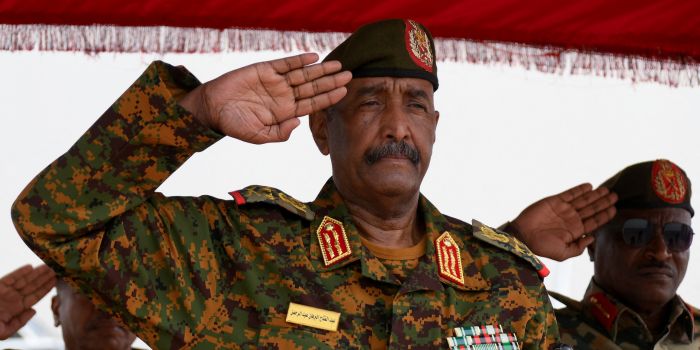 Sudan's General Abdel Fattah al-Burhan salutes as he listens to the national anthem after landing in the military airport of Port Sudan on his first trip away following the war-inflicted crisis in Khartoum on August 27, 2023. (Photo: Ibrahim Mohammed Ishak/Reuters)
Sudan's General Abdel Fattah al-Burhan salutes as he listens to the national anthem after landing in the military airport of Port Sudan on his first trip away following the war-inflicted crisis in Khartoum on August 27, 2023. (Photo: Ibrahim Mohammed Ishak/Reuters)
Hemedti also claimed that the army apologised for their absence, citing pressure from extremists, which he alleged controls the army's decisions.
He thus argued that the RSF was committed to peace, noting that their participation in Jeddah talks was with "sincere intentions."
While welcoming regional peace initiatives, Hemedti emphasised the RSF's "hands remain extended for peace."
The army, however, has consistently refused negotiations until the RSF implements a May 2023 agreement involving troop withdrawals and humanitarian access. It also demands the disarmament of RSF fighters.
Unconfirmed reports suggested the Manama draft did not include RSF withdrawals from occupied cities, which was attributed to the army's decision to withdraw from the talks.
In his speech, Hemedtialso addressed recent violence in Sudan, blaming the fighting in El Fasher on armed movements that sided with the army. He claimed these groups abandoned neutrality and were responsible for the ongoing conflict.
Regarding the Wad al-Noura massacre, Hemedti denied RSF responsibility, attributing the violence to a military clash involving the army, security forces, extremist elements, and mobilised supporters. His remarks contradict claims by local resistance committees and the government that the RSF was responsible for the deaths of at least 100 civilians.
Hemedti vowed that the RSF would defend itself against what he termed "remnants of the old regime" within the army and intelligence services, promising to rid Sudan of its influence.
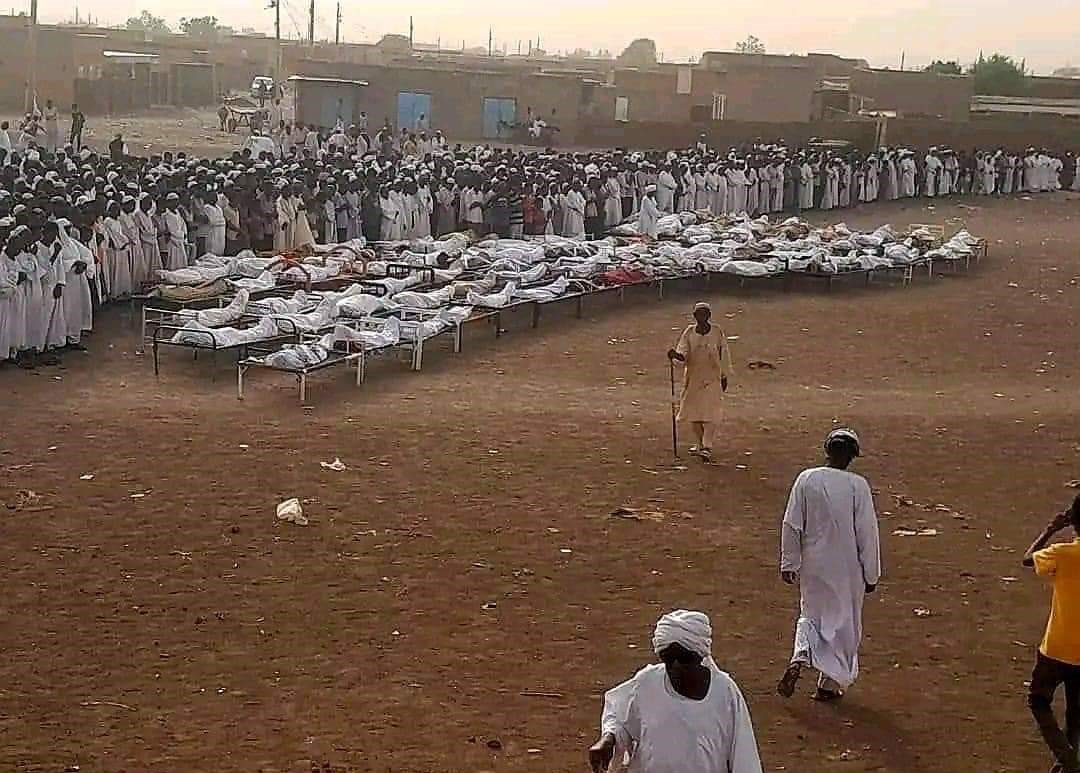 Bodies of civilians after an attack in Wad al Nourah, Gezira State, Sudan, in June 2024. (Photo: Handout)
Bodies of civilians after an attack in Wad al Nourah, Gezira State, Sudan, in June 2024. (Photo: Handout)Bodies of civilians after an attack in Wad al Nourah, Gezira State, Sudan in June 2024. (Photo: Handout)
Top Stories Today
